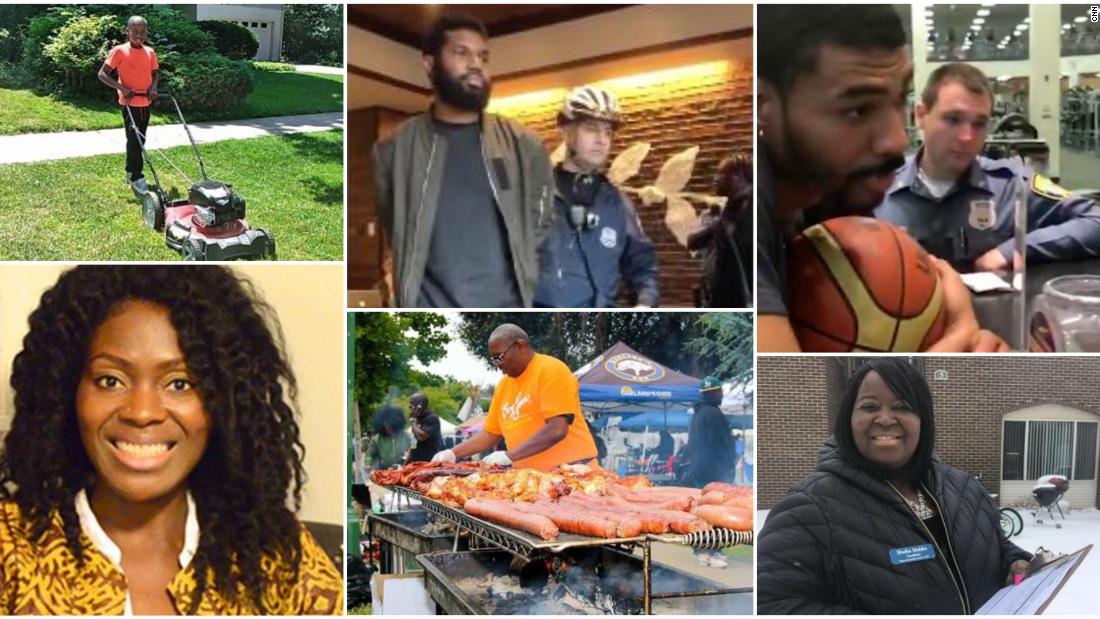[ad_1]
I am absolutely convinced that the legislators and city commissioners behind this bill and proposed ordinance have their hearts in the right place. It is a good, just and compassionate place. Nevertheless, the legislation promises to be more problematic than effective. The Oregon law would give victims of bias-motivated 911 calls standing to file suit — at $250, a token suit — which would prevail only if the plaintiff can “prove the caller had racist intent, and that the caller summoned a police officer to purposefully discriminate or damage a person’s reputation.”
Speaking as someone who has devoted most of a 40-year career to law enforcement, serving as everything from deputy sheriff to police chief and director of public safety, here are the relevant facts as I see them.
First, bias-motivated 911 calls are real — common, in fact. Second, bias-motivated 911 calls are wrong — hurtful and just plain wrong. Third, they are dangerous, putting lives in jeopardy by sending officers on unnecessary calls, thus making them unavailable for real emergencies. Worse, bias-motivated calls pit the police against the public in potentially dangerous confrontations. Although officers are trained to think before they act, they also respond to every call with a heightened awareness of imminent danger. People don’t call 911 because they feel safe, secure and happy.
Worst of all, responding to a bias-motivated call makes officers unwilling actors in a bias-driven drama. This has the potential of damaging police-community relations, eroding the community’s trust in law enforcement and the law itself, calling into question the legitimacy of the individual officers responding to the call. Nowhere is this truer than in communities of color.
As well-intentioned as the Grand Rapids and Oregon proposals are, establishing mens rea — the accused person’s consciousness of wrongdoing — is a complex and solemn task that often consumes days or even weeks of trial time, involving attorneys, juries and judges. Practically speaking, I don’t see many suits being brought under these laws, and I imagine far fewer such suits would succeed.
Ultimately, the risks inherent in these measures outweigh any good they might do, such as raising a community’s consciousness. The danger here is that fear of a lawsuit or misdemeanor criminal charge will discourage citizens from making legitimate 911 calls regarding legitimately suspicious activity or even actual crimes. We want people to use 911. We instruct the public that if they see something, they should say something. Better to make a 911 call that proves unwarranted than to avoid making a call that might save a life, prevent a crime or help to solve a case.
Bias-motivated 911 calls are real, they are common, and they are both hurtful and wrong. They are also already against the law. I can’t think of any jurisdiction that does not have a law against falsely reporting a crime. Surely, at least some bias-motivated 911 calls can be prosecuted under these existing laws.
But we need something more effective than threatening people with vague laws and lawsuits. Our communities would be better served if their police departments and their schools would do something to educate people on how bias distorts perceptions, produces fear and raises suspicions.
Laws and lawsuits are afterthoughts and moral bandages. They do not address the systemic social, economic, political and personal drivers of racism, xenophobia and irrational fear of otherness.
The strength of the United States is and has always been its diversity. Democracy, a form of government built on and for diversity, demands that each of us overcome our biases, and neither a $250 lawsuit nor a $500 misdemeanor fine is going to help us in this most vital, rewarding and unifying enterprise.
[ad_2]
Source link



